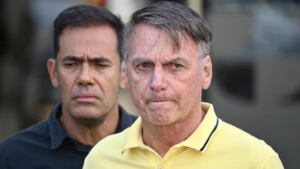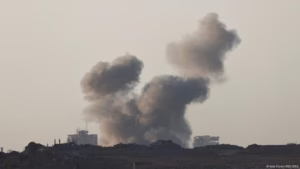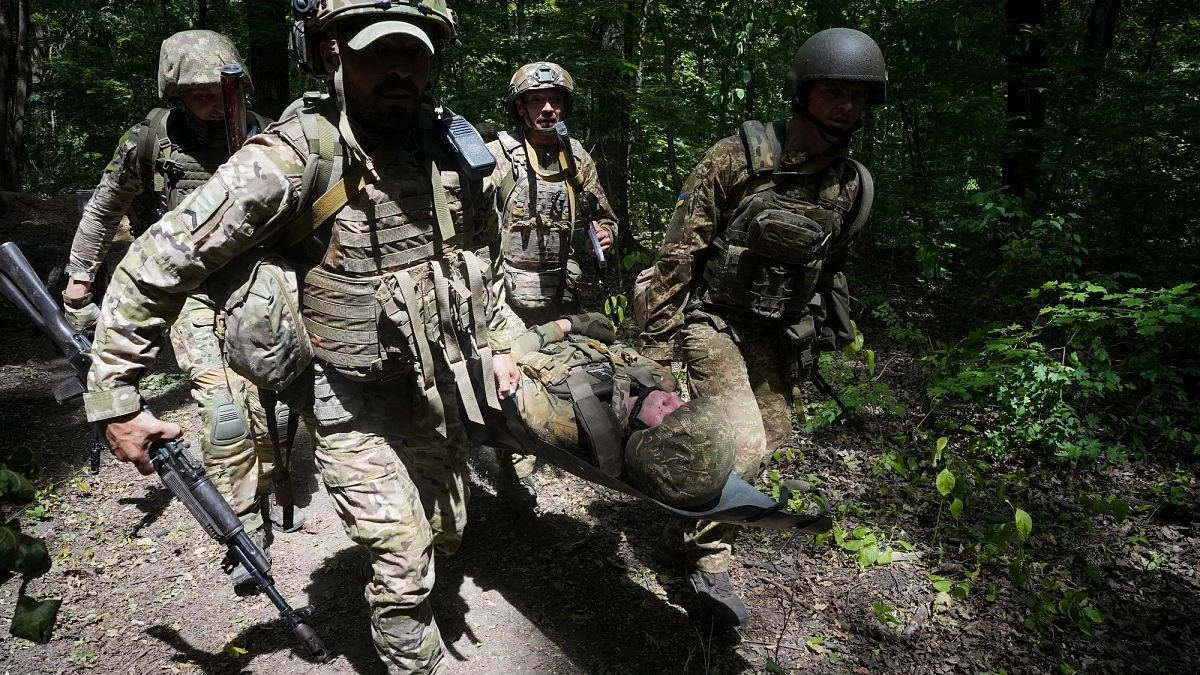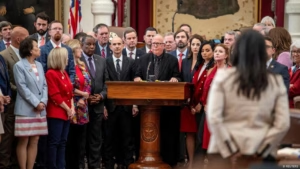
ADVERTISEMENT
European nations are scrambling to finalise security pledges for Ukraine before a potential meeting between Ukraine’s Zelenskyy and Russia’s Putin in the upcoming weeks.
Approximately 30 countries have been in negotiations since February as part of the “Coalition of the Willing”, with the deployment of a “reassurance force” to discourage Russia from further incursions among the proposals being discussed.
“Our Chiefs of Staff have deliberated on this matter within the coalition of the willing. Several states are prepared to contribute, ranging from training to logistics, to a non-combat presence, that is, not on the front line or in disputed territories, but to ensure an allied presence alongside Ukraine,” French President Macron announced on Sunday.
Donald Trump confirmed on Tuesday that the US will not deploy ground troops, yet around 10 countries are ready to provide military forces, according to Bloomberg.
The Affirmative Side
The dual chairs of the Coalition of the Willing, France and the UK, have pledged their support.
“We are willing to deploy UK troops to Ukraine in part to offer reassurance to the Ukrainians,” British Defence Secretary John Healey stated on the BBC last week.
He further noted that the mission could involve safeguarding air and sea defence and training the Ukrainian military.
The Chief of the British armed forces, Tony Radakin, aimed to affirm this readiness to his American counterparts during a visit to Washington on Wednesday.
Additionally, Belgium, alongside Baltic states Lithuania and Estonia, have announced the possibility of sending military troops.
Dainius Žikevičius, an advisor to Lithuania’s president, said in a recent interview with 15min.lt that the mission could mirror the former NATO mission in Afghanistan, though the exact number of soldiers is still under discussion.
Estonia’s Prime Minister Kirsten Michal confirmed his country’s willingness to contribute troops, emphasizing the need to finalize the details.
The Undecided
While Latvia remains unsure, its President Edgars Rinkēvičs stated that the decision on troop deployment to Ukraine will depend on the other security guarantees provided and will be made after peace negotiations conclude and security measures are finalized.
The government of Sweden is reportedly hesitant until such time as it is clear whether the mission is for peacekeeping, deterrence, or reassurance.
The Opposing Side
Germany‘s Foreign Minister, Johann Wadephul, indicated that the country lacks the capacity to send troops to Ukraine, but would contribute to security measures.
Hungary’s government, led by Viktor Orbán, has made it clear time and again that Hungary will neither send troops to Ukraine nor provide military resources to its neighbour.
“There are no plans and will not be any plans to dispatch the Polish military to Ukraine,” Poland‘s Deputy Prime Minister stated unequivocally in a post on X in May.
“Poland is accountable for defending NASA’s eastern flank and for offering logistical support to its attacked neighbour,” Władysław Kosiniak-Kamysz also mentioned.
In a similar vein, Italy‘s Prime Minister, Giorgia Meloni, indicated back in March that the idea of sending Italian troops to Ukraine “is not in the planning”.
Both the Netherlands and Spain have indicated their readiness to participate in security measures to bolster Ukraine’s military but without the commitment of sending troops.




